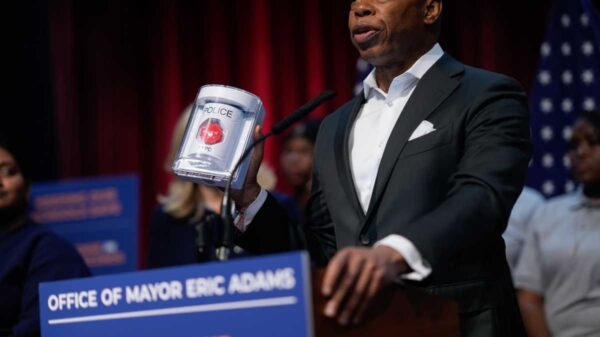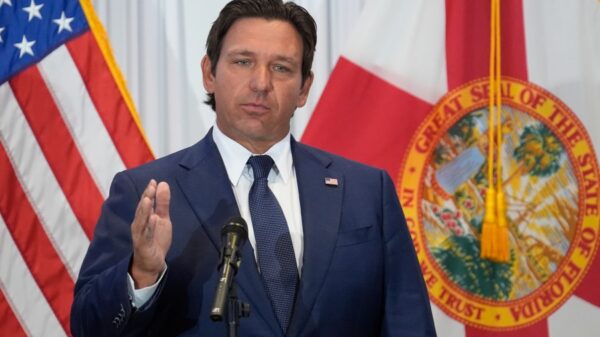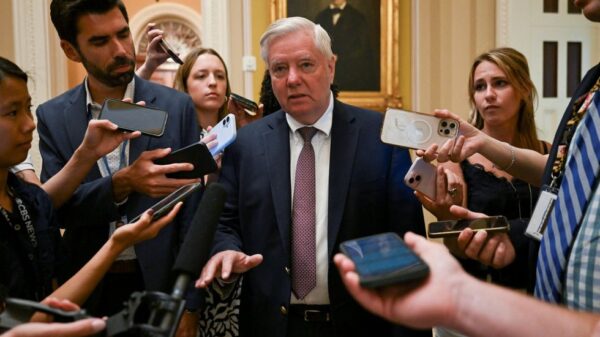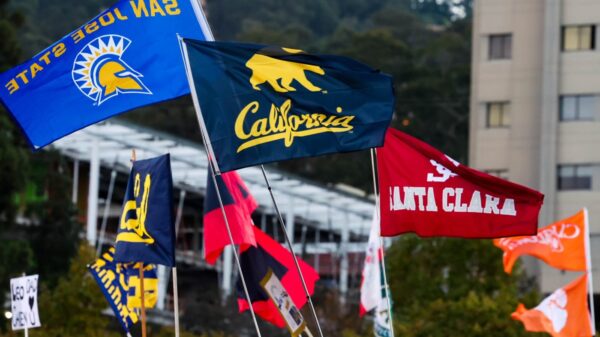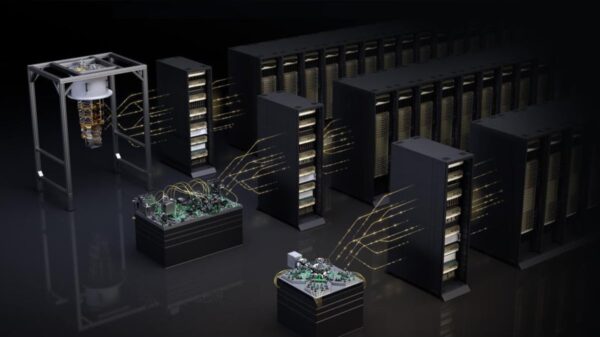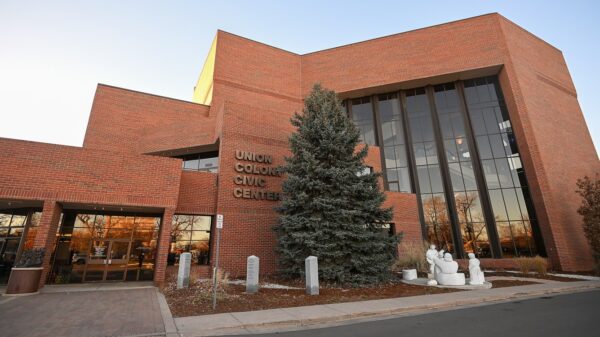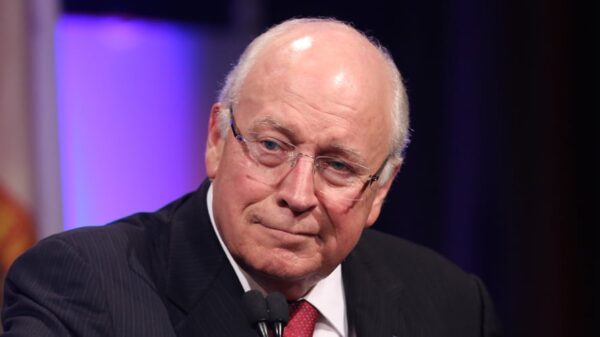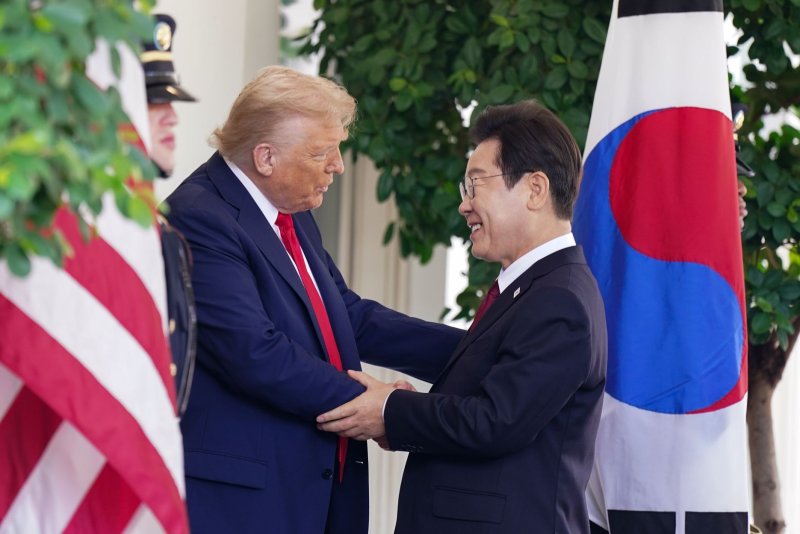South Korean corporations Hyundai and Hanwha have announced plans to invest a combined total of $7 billion in the United States over the next few years. This significant financial commitment aims to bolster their operations and establish new facilities in various sectors, marking a strategic move to enhance their presence in the American market.
Hyundai intends to allocate approximately $4.5 billion to develop electric vehicle manufacturing facilities. This initiative aligns with the company’s broader goal of transitioning to sustainable energy sources and expanding its electric vehicle lineup. The investment is expected to create thousands of jobs in the regions where these facilities will be established, contributing to local economies and fostering innovation in the automotive sector.
Meanwhile, Hanwha has pledged to invest around $2.5 billion in the United States, focusing on renewable energy projects. The company aims to enhance its solar energy production capabilities and support the increasing demand for clean energy solutions. This investment comes as part of Hanwha’s commitment to environmental sustainability and its ambition to become a global leader in the renewable energy market.
Strategic Implications for U.S. Economy
The investments from these South Korean giants underscore a growing trend of international firms seeking to capitalize on opportunities in the U.S. market. As companies worldwide accelerate their efforts to adapt to changing consumer preferences and regulatory environments, investments like these are expected to have a broader economic impact.
The influx of capital will not only create jobs but also stimulate technological advancements in sectors critical to the future economy, such as electric vehicles and renewable energy. Industry experts highlight that this strategic positioning is vital for maintaining competitive advantages in an increasingly globalized market.
Future Developments and Market Trends
Both Hyundai and Hanwha are expected to begin construction on their respective facilities by the end of 2025, with production and operational capabilities projected to ramp up shortly thereafter. These developments will likely draw attention from investors and stakeholders monitoring the evolving landscape of the U.S. economy.
As South Korea’s economy remains closely tied to international trade, such investments could signal a commitment to strengthening economic ties between the United States and South Korea. The collaborative efforts in technology and sustainability may pave the way for future partnerships in various industries, reinforcing the importance of innovation and responsiveness in the global market.
The announcements from Hyundai and Hanwha reflect a significant commitment to growth, sustainability, and technological advancement, setting the stage for a dynamic evolution in the U.S. industrial landscape.











